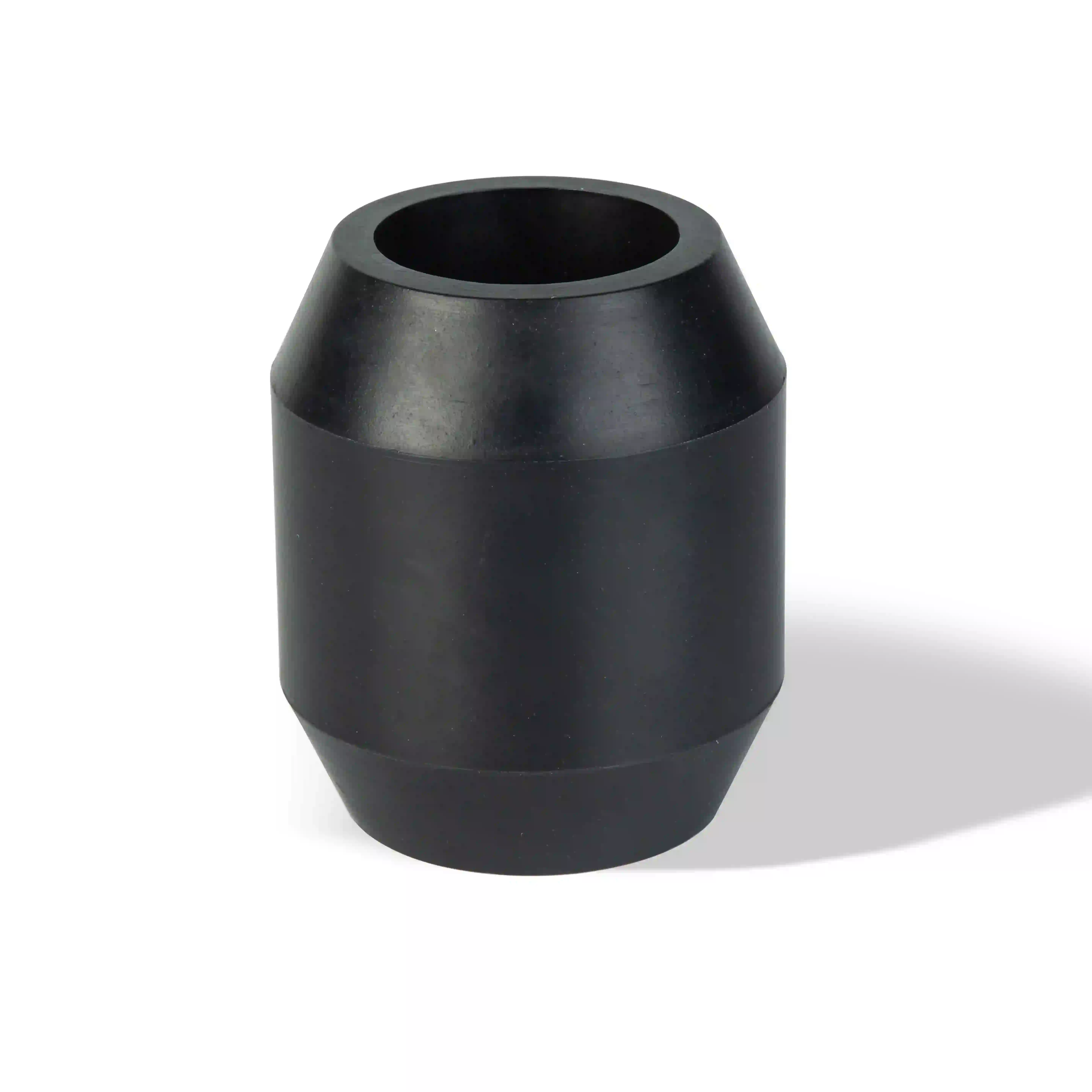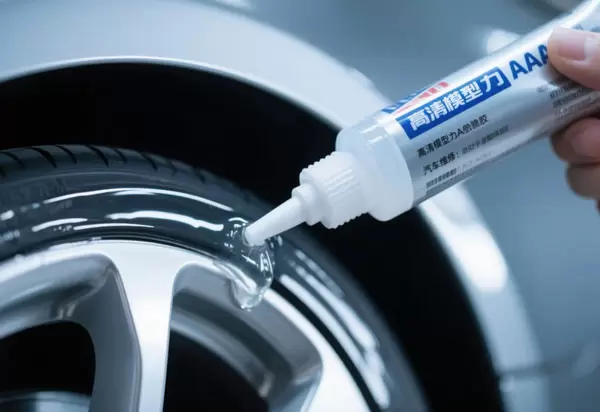Revolutionizing Oilfield Operations with Dissolvable Rubber: Enhancing Efficiency and Sustainability
In the ever-evolving oil and gas industry, innovations continually reshape operational practices, improving efficiency and addressing sustainability challenges. Among these advancements, dissolvable rubber has emerged as a groundbreaking material with wide-ranging applications in oilfield operations. Its unique properties allow it to dissolve under specific conditions, eliminating the need for retrieval and reducing environmental footprints. This article East explores the science behind dissolvable rubber and its transformative impact on oilfield processes, highlighting its role in well completion, intervention, and production enhancement.

Applications of Dissolvable Rubber in Oilfield Operations
Dissolvable rubber has emerged as a transformative solution across multiple stages of oilfield operations. Its temporary nature, coupled with reliable performance, makes it an ideal choice for processes ranging from well completion to production optimization.
1. Well Completion and Zonal Isolation
Well completion relies heavily on effective zonal isolation to optimize stimulation treatments such as hydraulic fracturing. Dissolvable rubber provides a revolutionary alternative to traditional isolation tools that require retrieval or milling after use.
Dissolvable rubber frac plugs are commonly employed to isolate different zones within a wellbore during multi-stage fracturing. These plugs act as temporary barriers, enabling operators to focus pressure and fluid flows in specific sections of the reservoir. Once the stimulation process is complete, the plugs dissolve within hours or days, allowing for unimpeded production flow.
Similarly, dissolvable bridge plugs serve as temporary isolation devices during cementing operations. Unlike their conventional counterparts, which must be mechanically removed, these plugs break down naturally after completing their task, minimizing risks such as stuck tools or incomplete removal. This innovation not only accelerates operational timelines but also reduces the manpower and equipment costs associated with plug retrieval.
Additionally, the use of dissolvable rubber in well completion significantly enhances safety by reducing the potential for equipment failures or stuck components in the wellbore. Its ability to dissolve completely ensures a clean and obstruction-free wellbore, facilitating smoother production operations.
2. Temporary Barriers in Well Intervention
Well intervention operations often require temporary barriers to isolate specific sections of the wellbore for targeted treatments. Dissolvable rubber offers an elegant solution to these challenges, providing temporary sealing mechanisms that degrade automatically once their purpose is served.
Temporary packers made of dissolvable rubber are increasingly utilized for operations such as acidizing, perforating, or cleaning. These packers maintain well control during the intervention process, ensuring that fluids or gases do not migrate across zones. After the intervention is completed, the packers dissolve under the designed conditions, eliminating the need for fishing tools or coiled tubing to remove them.
In chemical injection scenarios, dissolvable rubber plugs are used to isolate zones temporarily while injecting specific chemicals into the wellbore. These plugs ensure that the treatment is confined to the desired zone, maximizing its effectiveness. Once the chemical injection is complete, the plugs dissolve, restoring the wellbore to its original state without requiring additional operations.
The use of dissolvable rubber in interventions enhances operational efficiency by reducing rig time and eliminating unnecessary steps. It also improves safety by minimizing the number of downhole tools that need to be managed during complex interventions.
3. Production Optimization
Dissolvable rubber also plays a crucial role in production optimization by enhancing reservoir contact and ensuring more efficient flow paths for hydrocarbons. Operators are leveraging its unique properties to improve short-term and long-term production outcomes.
One prominent application is in temporary sand control devices. In certain wells, the risk of sand ingress during early production phases can damage equipment and reduce productivity. Dissolvable rubber-based sand control devices provide an initial barrier to sand while allowing hydrocarbons to flow. Over time, as the need for sand control diminishes, the devices dissolve, leaving an unobstructed flow path for sustained production.
Flow restrictors made from dissolvable rubber are another innovative use case. These devices regulate early production rates to balance reservoir pressure and optimize flow profiles. Once the desired production regime is established, the flow restrictors degrade, allowing for unrestricted hydrocarbon flow and maintaining optimal reservoir conditions.
The versatility of dissolvable rubber in production optimization extends its utility across various reservoir types, from conventional fields to complex shale formations. By facilitating smoother and more efficient production processes, it significantly enhances the overall economic viability of oilfield operations.
Advantages of Dissolvable Rubber in Oilfield Applications
The adoption of dissolvable rubber in oilfield operations is driven by its numerous advantages, which address critical industry challenges and unlock new levels of efficiency.
1. Cost-Effectiveness
Dissolvable rubber eliminates the need for time-consuming retrieval operations, significantly reducing costs. Traditional tools often require additional runs to remove or mill out isolation devices, resulting in increased rig time and associated expenses. In contrast, dissolvable rubber tools degrade naturally, streamlining operations and cutting down on total operational costs. This cost-saving advantage is particularly pronounced in deep or high-pressure wells where interventions are more complex and expensive.
2. Operational Efficiency
By simplifying operational workflows, dissolvable rubber enables faster and more efficient well completions and interventions. Multi-stage fracturing operations, for instance, benefit greatly from dissolvable rubber plugs that dissolve automatically after fracturing is complete. This eliminates delays associated with plug retrieval or milling, allowing operators to bring wells into production more quickly. Additionally, the self-degrading nature of dissolvable rubber minimizes downtime and improves project timelines.
3. Environmental Benefits
The environmental footprint of oilfield operations is a growing concern for operators and regulators alike. Dissolvable rubber addresses this challenge by eliminating waste associated with traditional isolation materials. Since dissolvable rubber completely breaks down in the wellbore, there is no need for the disposal of residual materials. This environmentally friendly attribute aligns with industry efforts to adopt more sustainable practices.
4. Safety Enhancements
Safety is a top priority in oilfield operations, and dissolvable rubber enhances safety in multiple ways. Its use reduces the number of downhole tools and retrieval operations, lowering the risk of accidents or equipment failures. Additionally, dissolvable rubber tools ensure that wellbore integrity is maintained throughout their service life, reducing the likelihood of complications such as stuck tools or uncontrolled pressure surges.
Dissolvable rubber revolutionizes oilfield operations by offering a versatile, cost-effective, and environmentally friendly solution for temporary applications. Its ability to provide reliable performance during well completions, interventions, and production phases, coupled with its self-degrading properties, makes it a game-changer in the oil and gas industry. As operators continue to seek innovative ways to enhance efficiency and sustainability, dissolvable rubber is set to play a pivotal role in shaping the future of oilfield operations.
https://www.eastnewmaterial.com/Dissolvable-Rubbers.html
www.eastnewmaterial.com
Chengdu East New Material Co.,Ltd.

